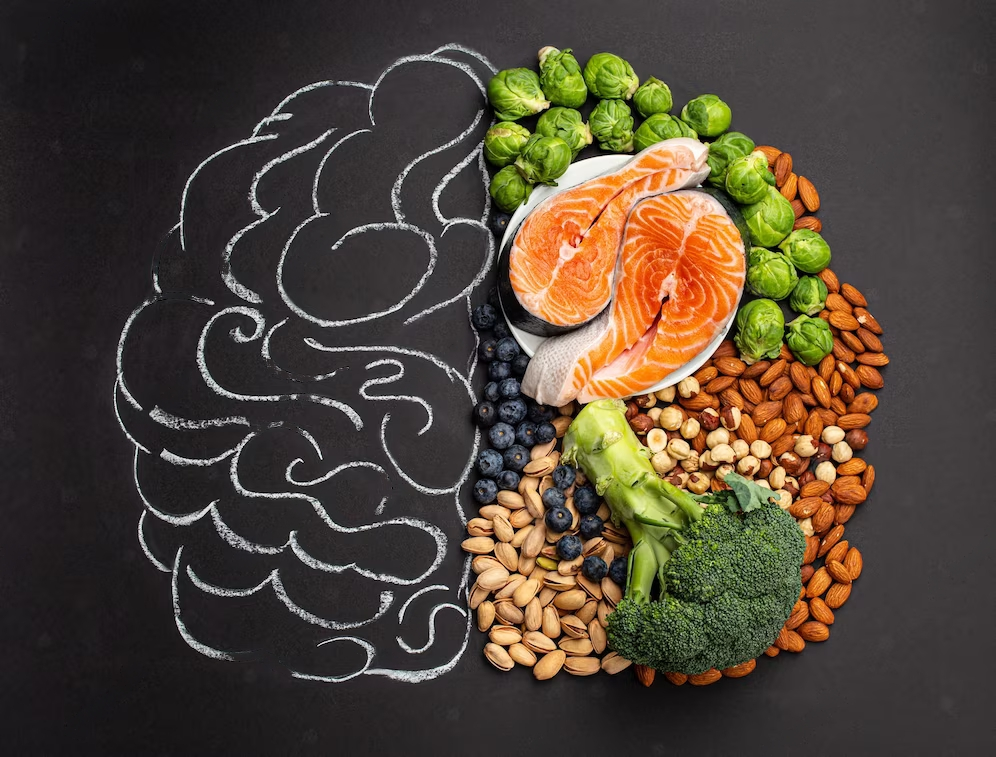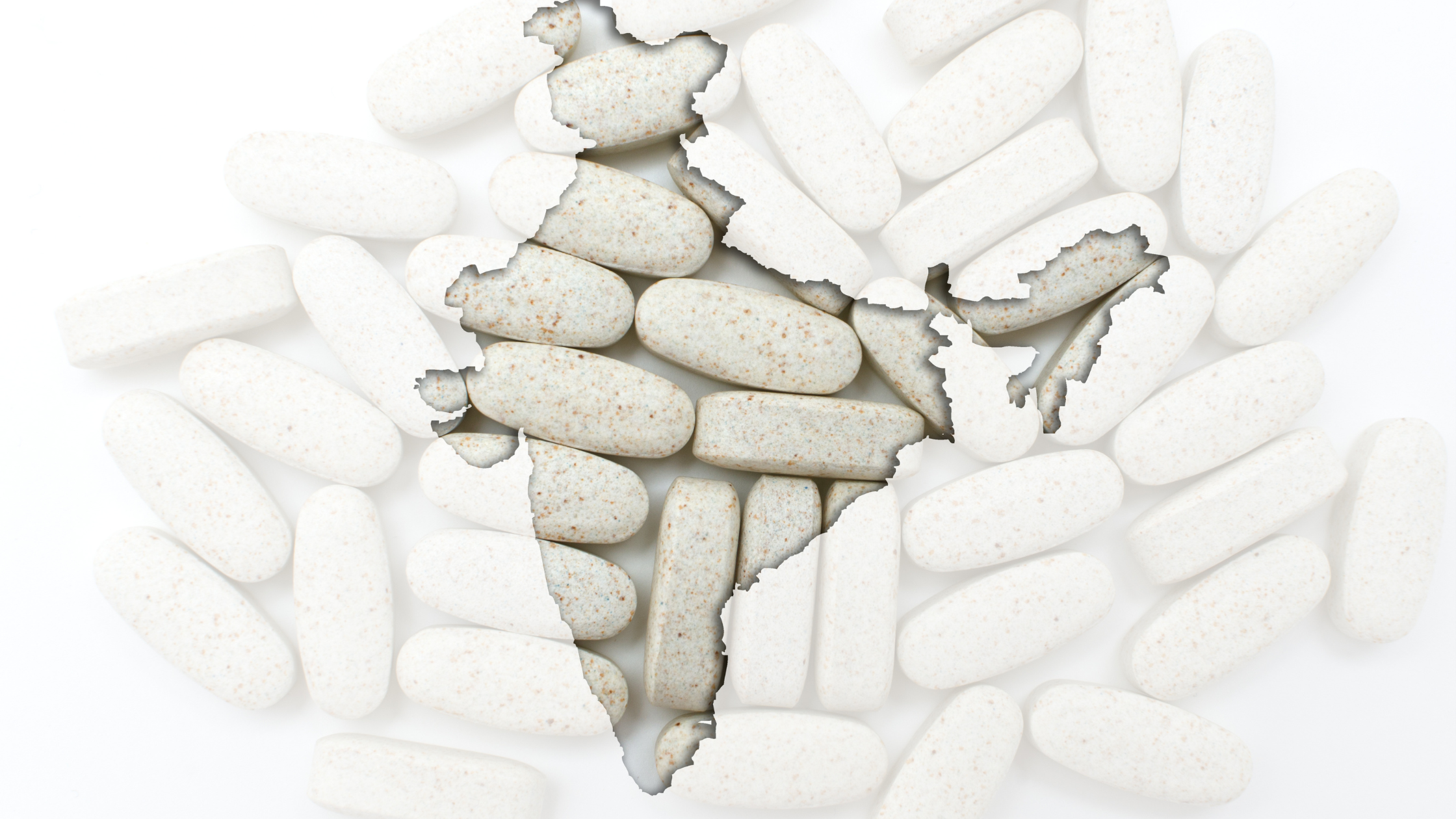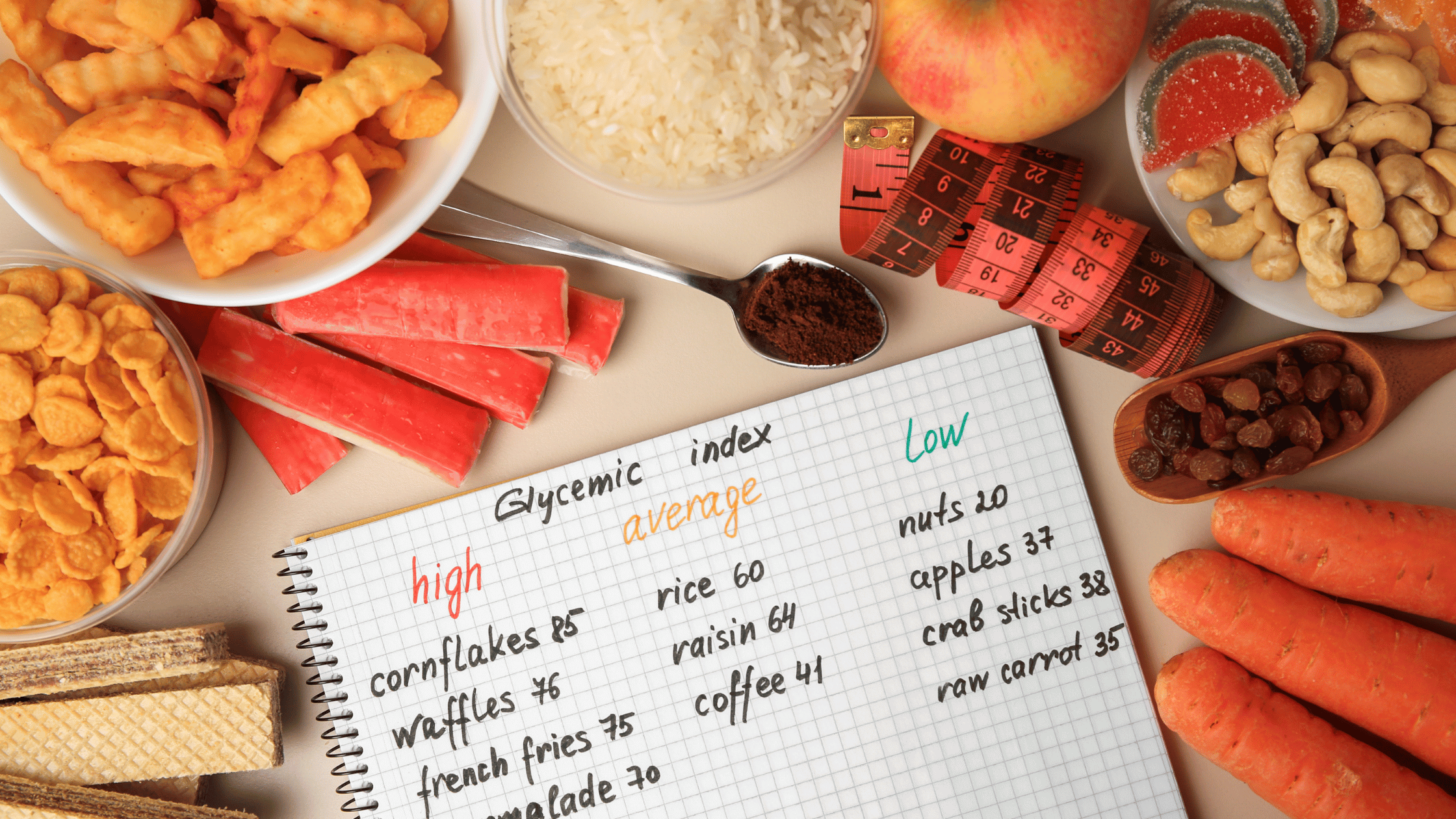Obesity & The Oscars

“Charlie, a morbidly obese and reclusive English professor, teaches online college writing courses but keeps his webcam off, ashamed of his physical appearance. His nurse and only friend Liz urges him to visit a hospital for severe risk of congestive heart failure. Charlie's worried that he would never be able to pay off the resulting debt.”- This is the story of the oscar-winning performance of Brendan Fraser - in the movie,The Whale.
Obesity is a global epidemic that's expanding at an alarming rate, posing a significant threat to public health worldwide. From the high-rise buildings of New York to the bustling streets of Delhi, obesity affects millions of people and is a growing concern for healthcare professionals and policymakers alike.
While the statistics are staggering, the reality of obesity is far more nuanced and complex than numbers can convey. It's a condition that affects individuals in myriad ways, both physically and emotionally. For instance, consider the story of Charlie, a morbidly obese English professor who's become a recluse due to his weight. Despite teaching online courses, he keeps his webcam off to hide his physical appearance from his students.
Charlie's situation is not uncommon. In fact, India has seen a significant rise in obesity rates in recent years, particularly in urban areas. This increase can be attributed to a range of factors, including changes in lifestyle and diet. Rapid urbanization has led to a decrease in physical activity levels, while the availability of processed foods has led to an increase in calorie consumption.
The consequences of obesity are severe and can lead to a range of health problems, such as heart disease and diabetes. In India, where healthcare costs can be prohibitively expensive, the financial burden of obesity can be overwhelming, as illustrated by Charlie's concern about incurring debt from seeking medical attention.
To address the issue of obesity in India, we need to adopt a multifaceted approach that includes education, awareness campaigns, changes in food policy, and promoting physical activity. By doing so, we can help people like Charlie live healthier, more fulfilling lives and reduce the burden of chronic diseases on our healthcare system.
Obesity in India has tripled in the past decade, with 64 million adults affected in 2016. Genetics, including genes such as FTO and MC4R, play a role in obesity, but lifestyle choices still have a significant impact. The economic burden of obesity-related illnesses in India is estimated to be as high as $16.4 billion USD annually. Addressing this issue requires a multifaceted approach, including education and awareness campaigns, changes in food policy, and promoting physical activity.
In short, obesity is a complex issue that requires us to look beyond the numbers and consider the human impact of this epidemic. By doing so, we can work towards a healthier, more equitable world for everyone.

Ashish Pandya











.png)



















































